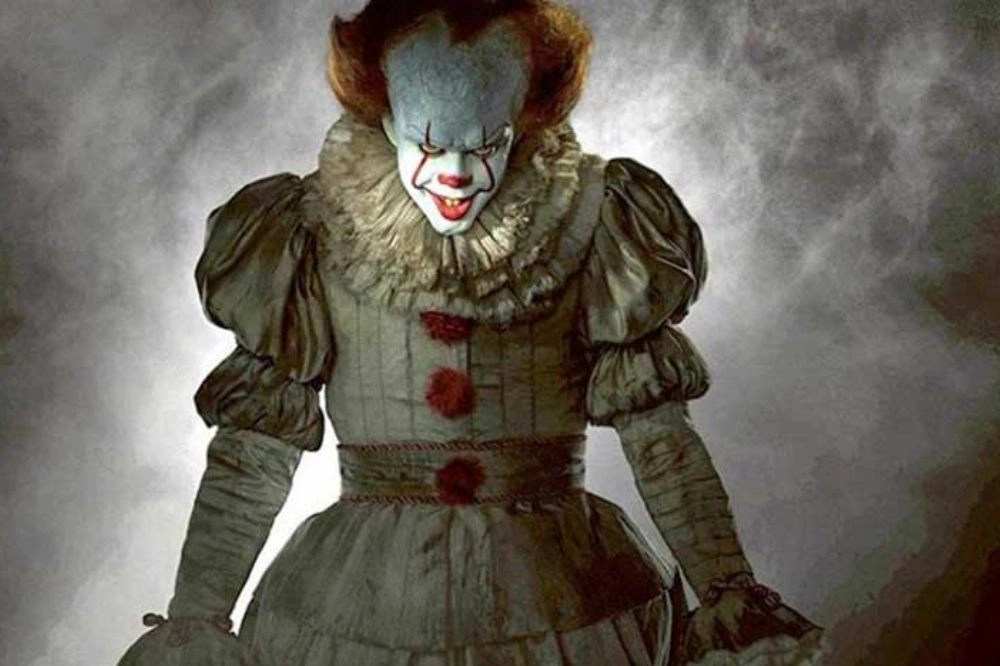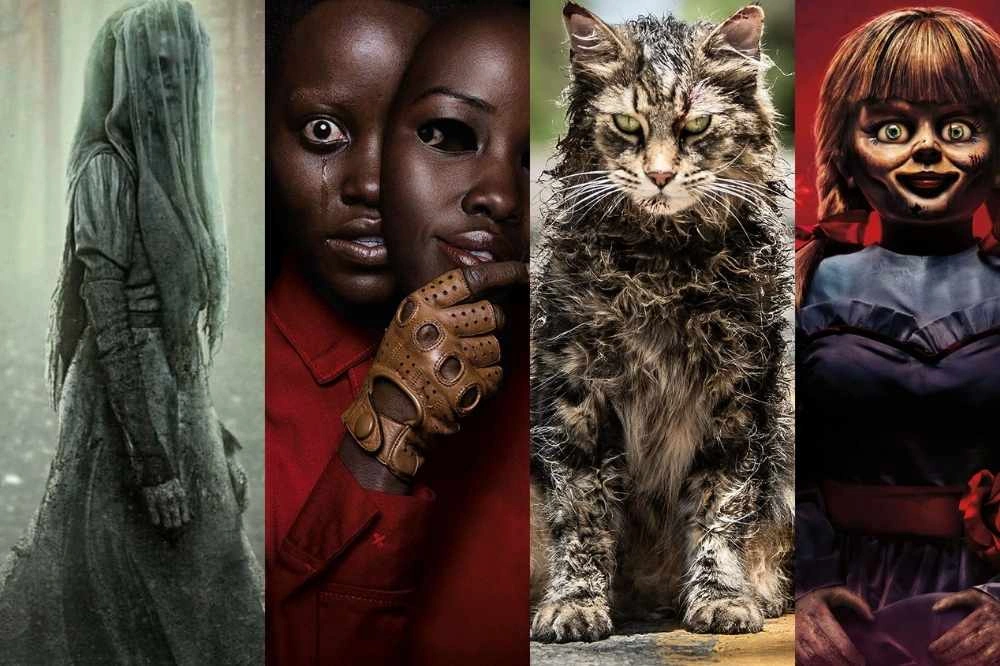The Exorcist
The Exorcist, directed by William Friedkin and released in 1973, stands as a monumental achievement in the horror genre, often regarded as the scariest movie of all time. With a staggering 19% of votes in favor of its terrifying legacy, it is little surprise that this film occupies the top spot on our list. Adapted from William Peter Blatty’s novel, the story revolves around the harrowing tale of a young girl possessed by a demon and the desperate attempts of two priests to exorcise the malevolent force.
The film not only shattered box office records, becoming the highest-grossing R-rated horror film at the time, but it also made history as the first horror film to receive a nomination for Best Picture at the Academy Awards, garnering a total of ten nominations and winning two.
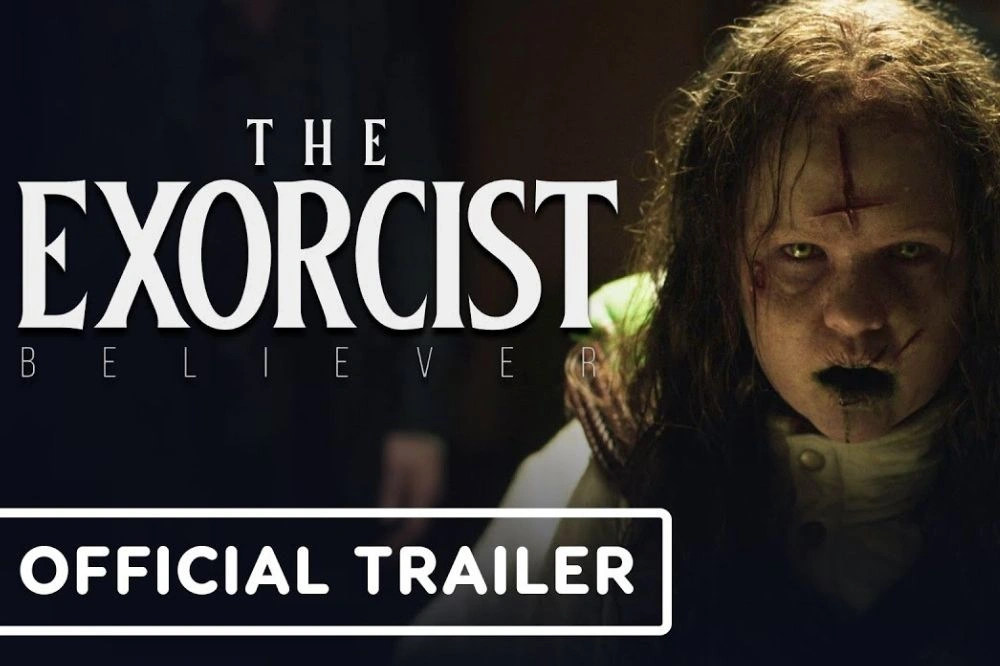
Beyond its critical acclaim and commercial success, The Exorcist sparked widespread cultural phenomena, including protests against its controversial themes and reports of physical reactions among audiences, such as fainting and nausea. These reactions contributed to an aura of mystique surrounding the film, amplifying its impact. While some may find its pacing and special effects dated by today’s standards, the film’s ability to evoke primal fears continues to resonate with new viewers. Its exploration of good versus evil, along with its unsettling portrayal of demonic possession, taps into deep-seated anxieties that remain relevant across generations.
As we reflect on The Exorcist’s enduring legacy, it is essential to recognize its profound influence on both cinema and popular culture. The film has not only shaped subsequent horror narratives but has also left an indelible mark on societal perceptions of evil and the supernatural. For those who dare to experience this cinematic classic for the first time or revisit its chilling scenes, prepare for a journey into terror that remains unmatched in its psychological depth and haunting imagery.
Hereditary
Ari Aster made a significant impact in the film industry with his feature directorial debut, Hereditary, a haunting blend of family drama and supernatural horror that delves deep into the complexities of grief. Released in 2018, the film features a standout performance by Toni Collette as Annie, a mother grappling with unimaginable loss and the sinister forces that invade her family life. Collette’s portrayal is a masterclass in emotional intensity, showcasing her character’s descent into despair and madness, earning her a place among the most overlooked Oscar contenders in recent years.
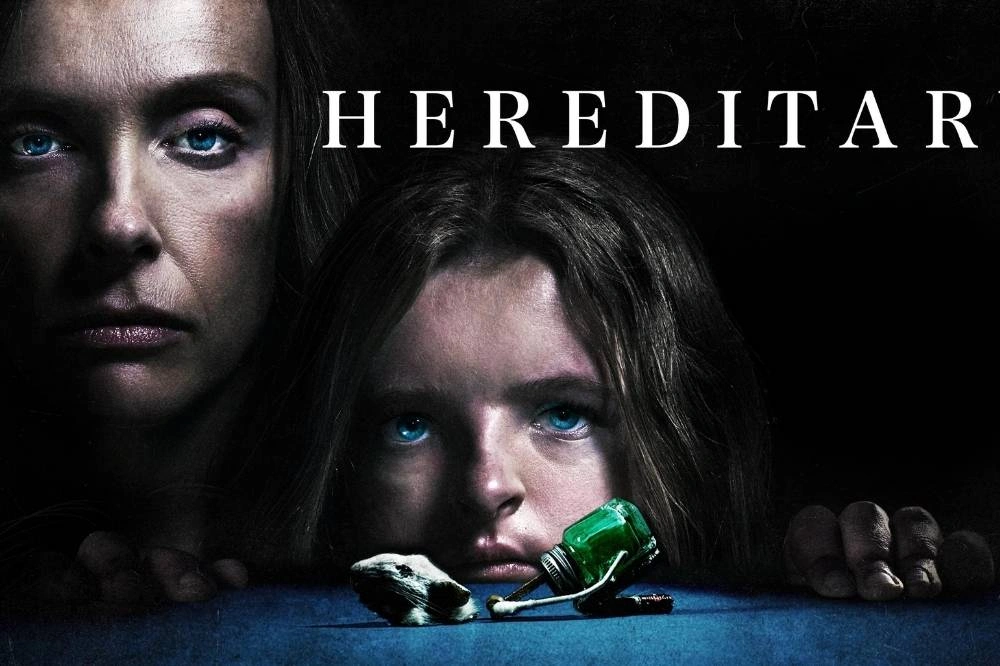
The film’s narrative revolves around the Graham family, who are beset by increasingly disturbing events following the death of Annie’s secretive mother. Aster’s unique storytelling approach combines elements of psychological horror with profound themes of trauma and familial dysfunction. The shocking twists and turns throughout the film keep audiences on edge, with one particular revelation that has left viewers speechless—though we won’t spoil it here.
Hereditary quickly ascended to critical acclaim, resonating deeply with moviegoers and solidifying Aster’s reputation as a visionary director. The film grossed over $87 million worldwide, making it one of A24’s most successful releases at the time. Critics praised Aster for his ability to balance various tones—shifting from moments of stark sorrow to instances of dark humor, all while maintaining an atmosphere of dread.
Collette’s performance is particularly noteworthy; she embodies Annie’s turmoil with visceral authenticity, capturing the character’s emotional range from grief to rage. Many have argued that her work should have garnered an Academy Award nomination, as her portrayal is both haunting and relatable, reflecting the raw pain of loss. As viewers witness Annie’s unraveling, they are drawn into a narrative that explores not only horror but also the fragility of human relationships.
In summary, Hereditary stands out not just as a horror film but as a poignant exploration of grief and its manifestations within a family. Ari Aster’s directorial debut has set a new standard for psychological horror, making it an essential viewing experience for fans of the genre.
The Conjuring
James Wan has solidified his status as one of the modern masters of horror with a string of successful films, including Saw, Dead Silence, and Insidious. However, it is The Conjuring, released in 2013, that truly showcases his talent for crafting chilling narratives inspired by true events. This supernatural horror film is based on the real-life experiences of renowned paranormal investigators Ed and Lorraine Warren, portrayed compellingly by Patrick Wilson and Vera Farmiga.
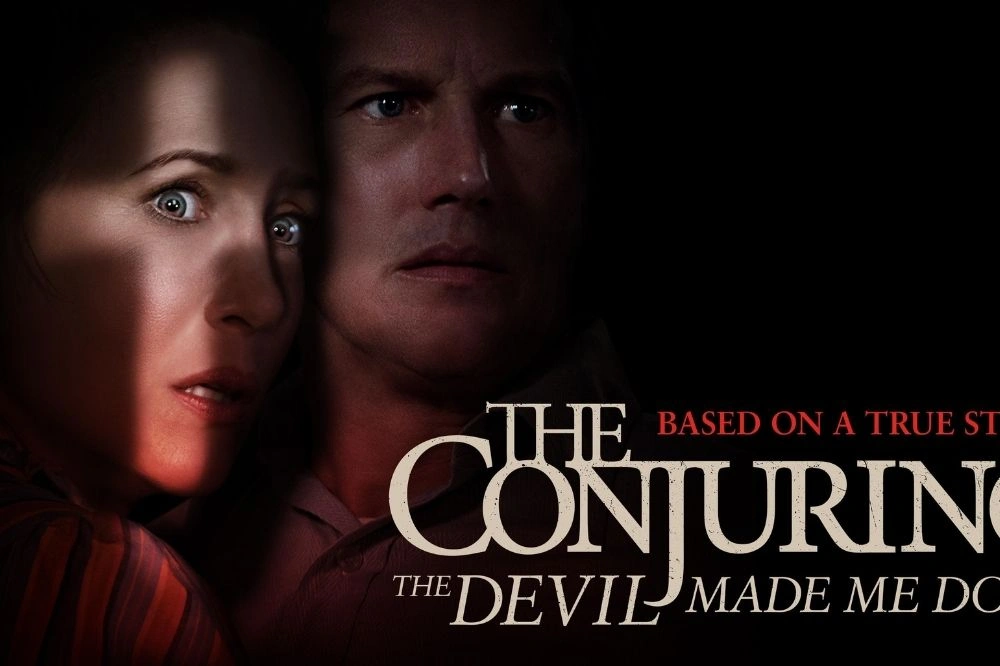
The Warrens are best known for their involvement in some of the most infamous cases of hauntings, including the Amityville Horror, which also influenced The Conjuring 2. In this film, they investigate a series of disturbing events that plague the Perron family in their Rhode Island farmhouse during the early 1970s. As the supernatural occurrences escalate, the Warrens’ expertise becomes crucial in confronting a malevolent force that threatens to destroy the family.
What sets The Conjuring apart is not only its spine-tingling jump scares but also the emotional depth brought to the characters by Wilson and Farmiga. Their performances ground the film in a sense of realism and vulnerability, allowing audiences to connect with their plight. Wan’s direction expertly balances tension and character development, creating a believable world that heightens the horror elements.
The film was a commercial success, grossing over $319 million worldwide against a modest budget of $20 million, and it received positive reviews from critics who praised its storytelling and atmosphere. This success led to the expansion of The Conjuring universe, which now includes multiple sequels and spin-offs like Annabelle and The Nun, further exploring the Warrens’ investigations and the supernatural phenomena they encountered.
In summary, The Conjuring stands as a landmark in horror cinema, blending authentic storytelling with supernatural thrills. James Wan’s masterful direction, combined with powerful performances from Wilson and Farmiga, creates an unforgettable experience that continues to resonate with fans of the genre.
The Shining
Stanley Kubrick’s adaptation of Stephen King’s The Shining is widely regarded as one of the greatest horror films ever made. Released in 1980, this psychological horror film has left an indelible mark on the genre, showcasing Kubrick’s unparalleled vision and craftsmanship. The film follows Jack Torrance, played by the iconic Jack Nicholson, who takes a job as the winter caretaker of the isolated Overlook Hotel. Accompanied by his wife Wendy (Shelley Duvall) and their young son Danny (Danny Lloyd), Jack’s descent into madness unfolds against a backdrop of supernatural terror.
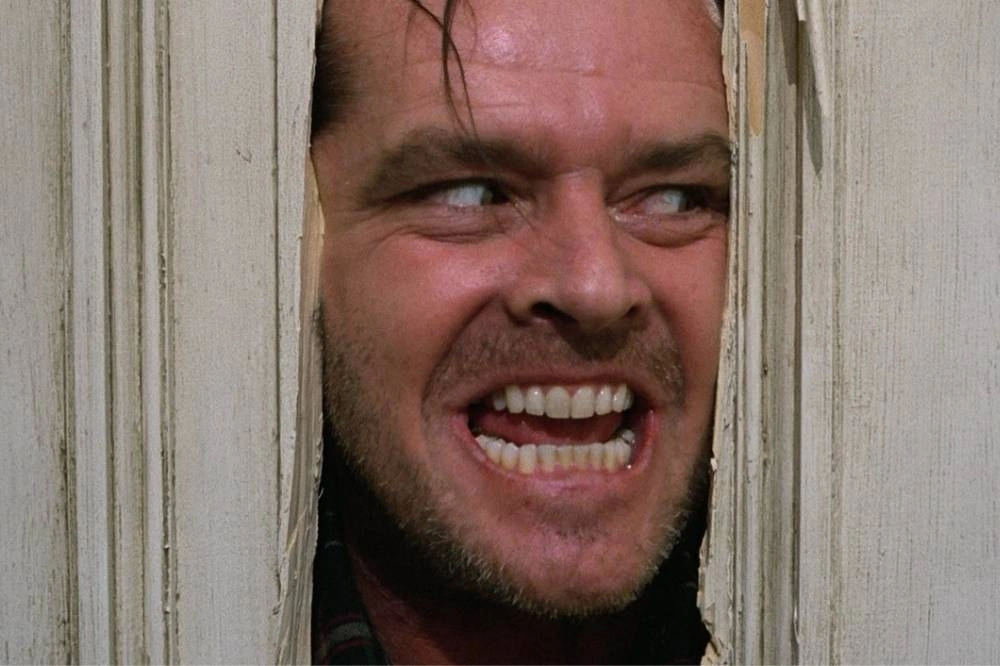
The Texas Chain Saw Massacre
Released in 1974, The Texas Chain Saw Massacre directed by Tobe Hooper is a seminal film that has profoundly influenced the horror genre. This low-budget slasher film, loosely inspired by the real-life crimes of Ed Gein, tells the harrowing story of a group of young friends who encounter a family of cannibals in rural Texas. The film’s gritty aesthetic and raw production style contribute to its unsettling authenticity, making viewers feel as though they are witnessing a horrifying reality unfold before them.
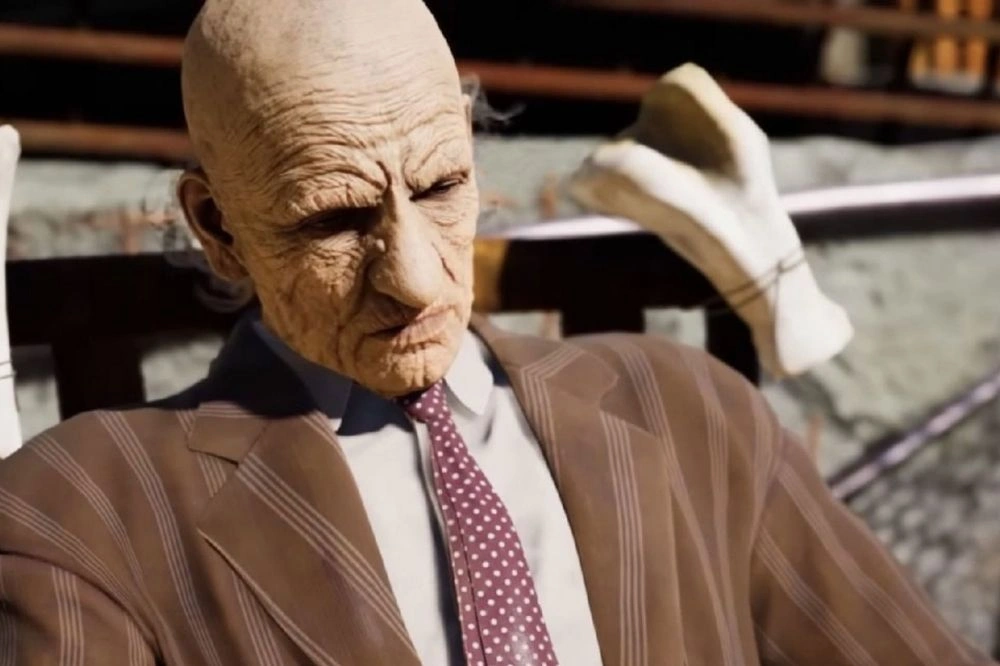
The Ring
Gore Verbinski’s The Ring, released in 2002, is a notable American remake of the acclaimed Japanese horror film Ringu, directed by Hideo Nakata. This film successfully translates the chilling essence of its predecessor while introducing it to a wider audience, ultimately becoming a defining entry in the early 2000s wave of Asian horror remakes. The film revolves around a cursed videotape that leads to the mysterious deaths of its viewers exactly seven days after watching it, creating an urgent race against time for the protagonist.
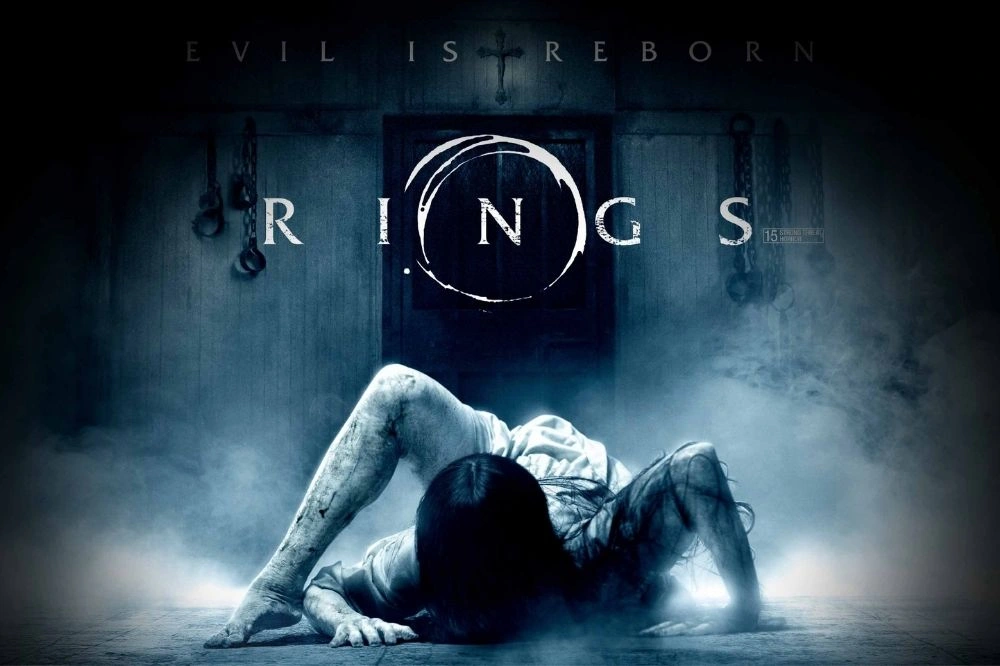
Halloween
Coming in at seventh place on our list is Halloween, a groundbreaking film that not only introduced the world to the legendary scream queen Jamie Lee Curtis but also propelled director John Carpenter into the spotlight. Released in 1978, Halloween is frequently cited as one of the earliest and most influential examples of the slasher genre, setting the blueprint for countless films that followed. While it may lack the graphic gore that modern audiences often expect, it compensates with an atmosphere thick with tension and inventive thrills, all achieved within a relatively modest budget.

Sinister
Sinister, directed by Scott Derrickson and released in 2012, is a supernatural horror film that has garnered a reputation as one of the scariest movies ever made. The film stars Ethan Hawke as Ellison Oswalt, a struggling true-crime writer who moves his family into a house where a gruesome murder occurred. Unbeknownst to them, the house is haunted by a malevolent force linked to a series of disturbing snuff films that Ellison discovers in the attic.
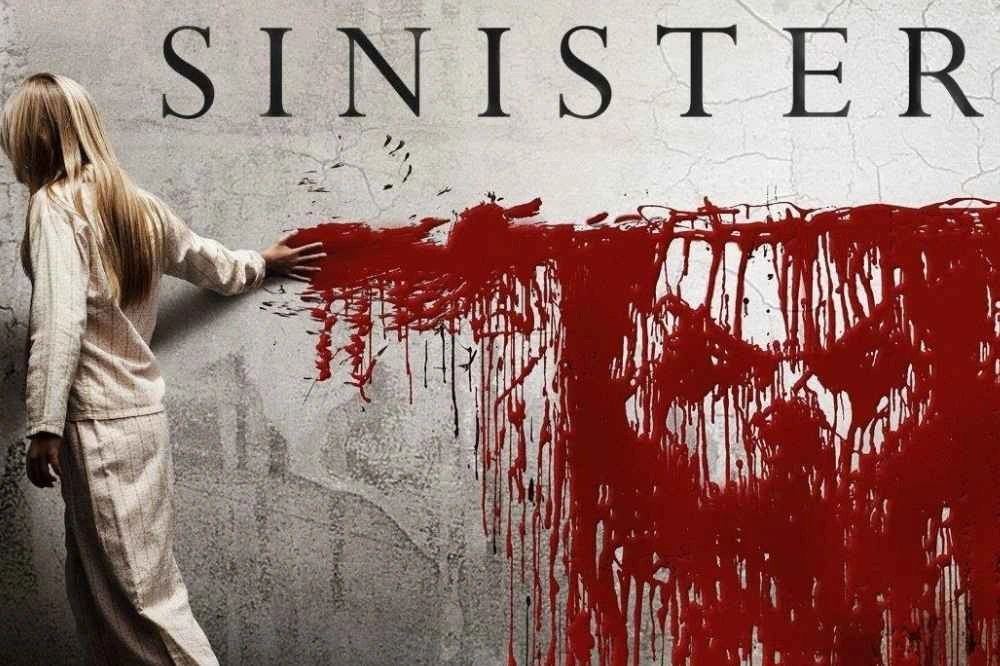
Insidious
Insidious, directed by James Wan and released in 2010, is a supernatural thriller that has become a cornerstone of modern horror cinema. Co-written by Leigh Whannell, the film follows the Lambert family, who are thrust into a terrifying battle against malevolent spirits after their young son, Dalton, falls into a mysterious coma. This chilling narrative not only explores themes of parental love and fear but also introduces audiences to the concept of astral projection and the haunting realm known as “The Further.”
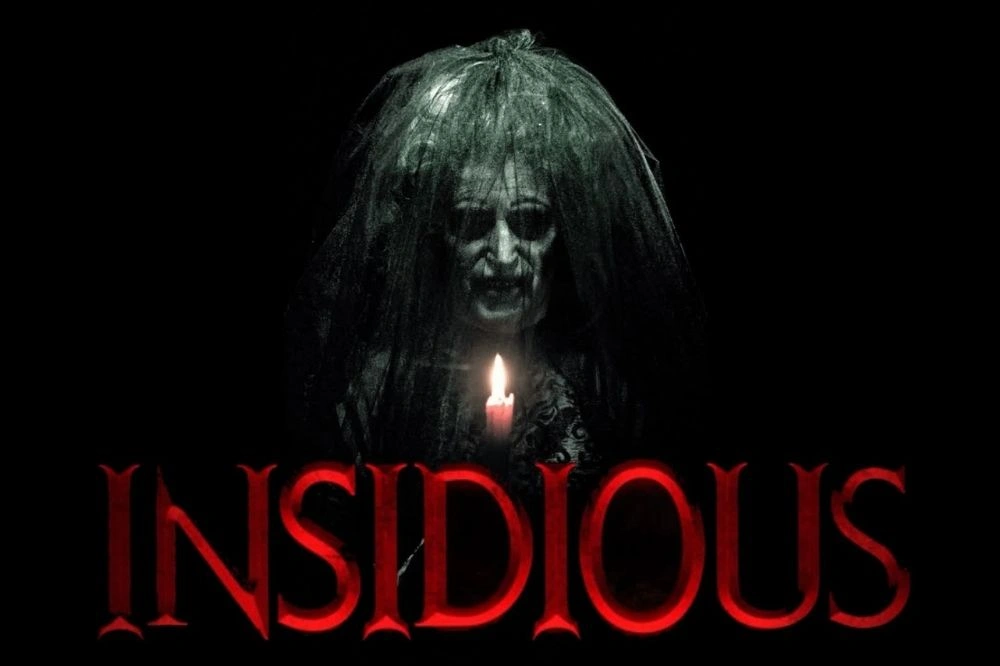
IT
IT, directed by Andy Muschietti and released in 2017, is a remarkable adaptation of Stephen King’s iconic novel, which has haunted readers since its publication. This supernatural horror film not only shattered box office records becoming the highest-grossing horror film of all time, surpassing even The Exorcist but it also solidified its place in the hearts of horror fans worldwide. The film’s success can be attributed to its effective blend of nostalgia, compelling storytelling, and genuinely terrifying moments.
